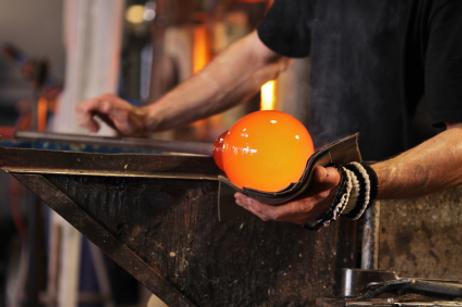If you love the ocean and are fascinated with the creatures that live within its depths, a career in marine biology might be the right choice for you. While this career has traditionally required a minimum of a four-year degree to get your foot in the door, many community colleges are now offering marine biology programs - in addition to aquarium science ones - that allow students to land jobs as research assistants and other entry-level positions in much less time. This article will cover what the career of a marine biologist looks like and highlight some of the community college programs now available in this field of study.
What is Marine Biology?
According to the Bureau of Labor Statistics, marine biologists commit their careers to studying saltwater organisms, focusing on the molecular biology of the living cells in creatures living within saltwater bodies around the world. Marine biologists may also be referred to as oceanographers, scientists who study the physical characteristics of the ocean, as well as the ocean floor. The work of a marine biologist is typically done in the field or a laboratory rather than in an office setting.
Marine biologists usually have a minimum of a four-year degree in the biological sciences, and many pursue post-graduate work as well. However, thanks to the addition of marine biology programs at community colleges, students can now find entry-level work in marine biology in a much shorter period of time, gaining on-the-job





















